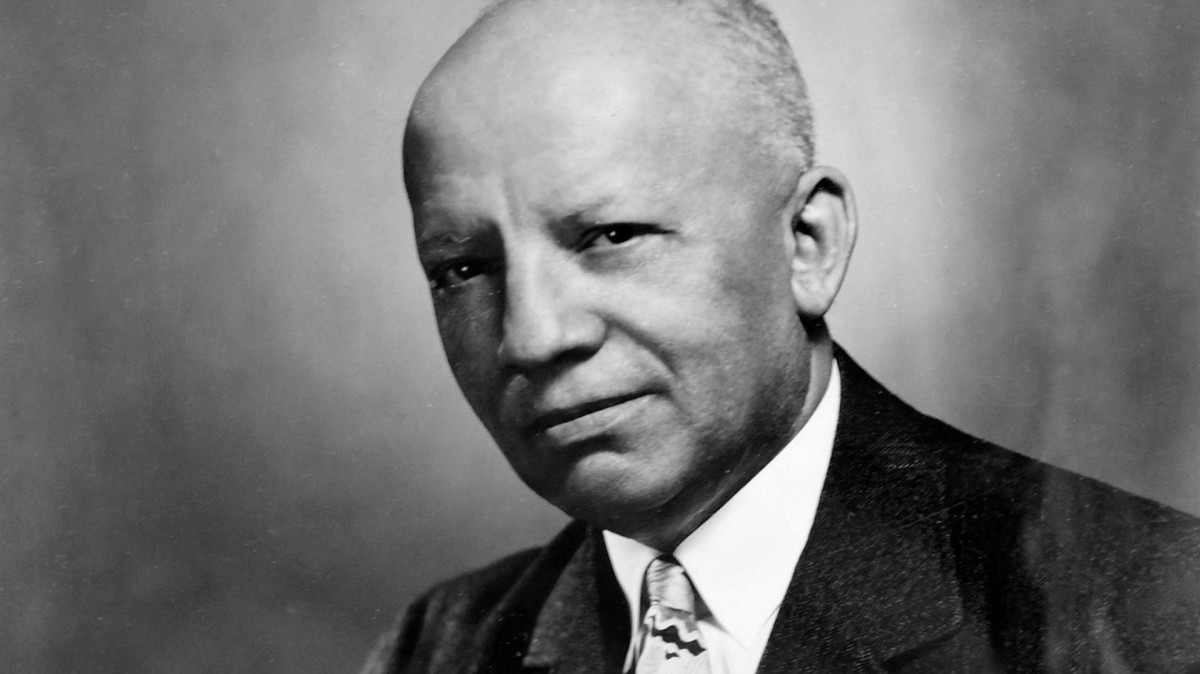사진/ 보스턴대학교
[Aaron Michaels is a columnist for TexasN. The target audience of this publication is Korean Americans and Asians Americans more broadly. This article represents our organizations first english column, with the aim of broadening our readership to Korean Americans with english reading capability.
새로운 칼럼니스트 애론 마이클스의 영어칼럼이 매월 2회 독자여러분을 찾아갑니다. / 편집자주]
February is Black History Month, a month-long celebration of the contributions and sacrifices made by African Americans toward the development of the United States. There are some misconceptions to do with why this celebration exists, and so it is worth exploring the history to develop our understanding.
At its first occurrence in 1926 it was known instead as Negro History Week. Founded by Carter G. Woodson, a Harvard-educated African American historian and activist, the week was intended as a challenge to the conventional portrayal of blacks in American history as it was offered at the time.

African Americans were often degraded and dehumanized in the telling of the American story, and so Negro History Week was a push-back effort at humanizing Black Americans. It was also deeply tied to a larger organizing effort from the African American community in pushing for social and political equality. Another goal was for historians to accept Black history as a serious field of study.
Woodson chose the second week of February for the celebration of Negro History Week. The week coincides with the birthdays of both Abraham Lincoln, who is credited with emancipating slaves at the end of the Civil War, and Frederick Douglas, a prominent African American abolitionist.
The celebration evolved and gained greater acceptance within the decades of the Civil Rights Movement. This movement shared similar goals to Woodson’s generation, challenging racial injustice and inequality. By the late 1960’s Negro History Week was expanded and renamed as Black History Month.
Larger parts of American culture then began to hold celebrations within the month of February. Colleges and Universities began holding commemorations, with Kent State University being among the first. By 1976, fifty years after the first celebrations, Gerald Ford became the first U.S. president to officially recognize Black History Month. Ford challenged the American public to “seize the opportunity to honor the too-often neglected accomplishments of Black Americans in every area of endeavor throughout our history.”
Ever since 1976, every American president has recognized Black History Month. Also, each year a theme is designated by the Association for the Study of African American Life and History (ASALH), an organization first founded by Woodson in 1915. The theme chosen for 2022 is Black Health and Wellness, which dedicates respect to Black medical scholar and health care providers. The theme is appropriately timed given the disproportionate affect that the COVID-19 pandemic has brought to the African American community.
Some people are critical of the need for a celebration of Black History Month, charging that it is no longer relevant today due to the social progress made since the 1920’s. These critics also argue that singling out Black history takes away from broader efforts toward inclusion.
Despite the progress made in more recent decades, studies from the The Southern Poverty Law Center and others suggest that dominant historical narratives still mostly overlook the role of Black Americans in history, and American schools fail to provide this historical context.
According to Professor Michael Hines at the Stanford Graduate School of Education, “Carter G. Woodson himself was cautiously optimistic that students in the future would no longer need Black History Month if we taught in ways that honored and elevated our students and told their stories all year long. But we’re not there yet, so Black History Month will continue to be what it always has been: a celebration, a stinging indictment, and a call to action, all in one.”
TexasN Promotion – “텍사스N 1월 한달 독자 5만명 돌파 기념 감사이벤트 엽니다”